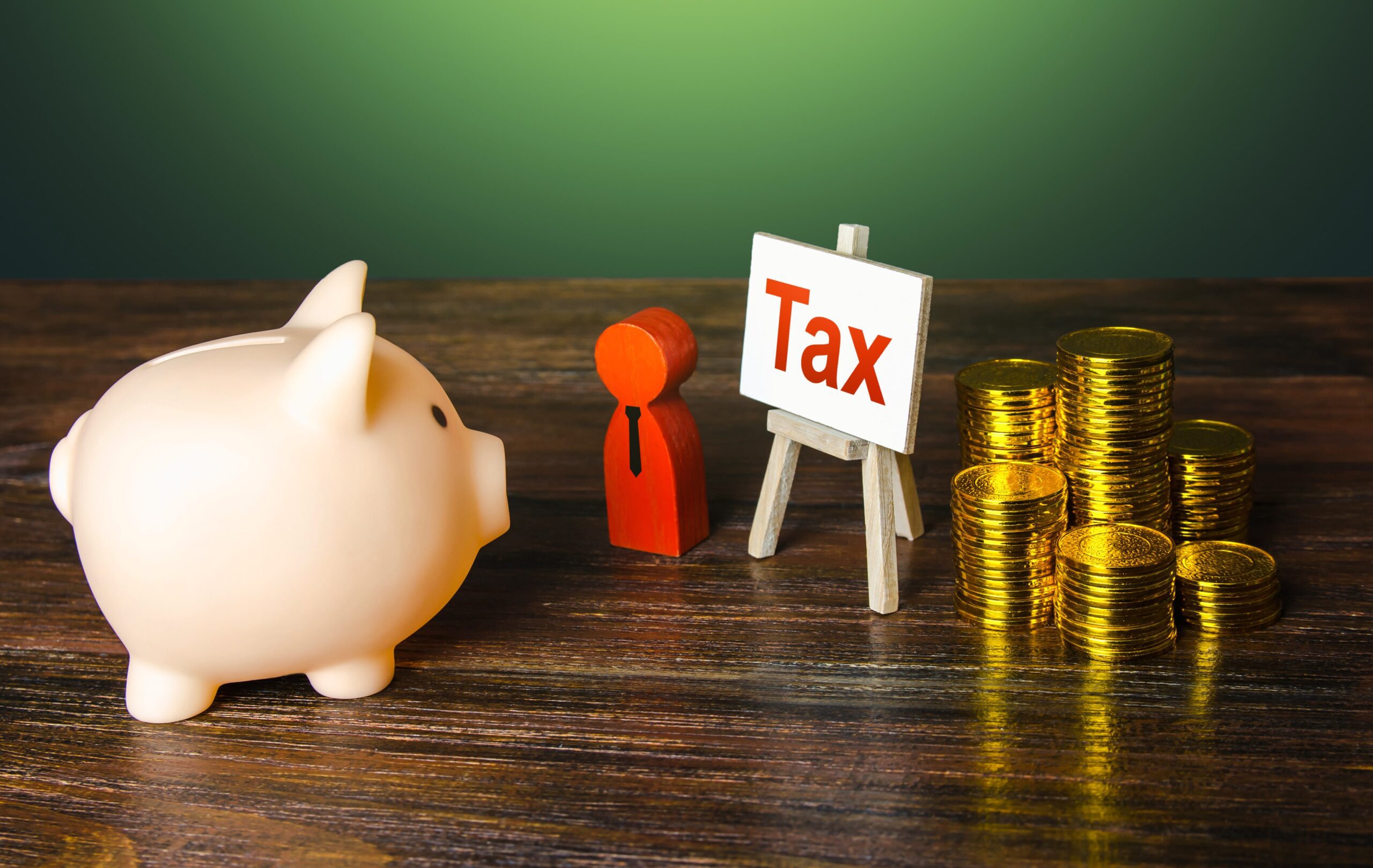When comparing business taxes vs personal taxes, it’s important to understand that both individuals and businesses have a range of tax liabilities that they’re required to meet.
If you’re an individual who runs a business, then your tax affairs may be more complex than someone who pays tax and National Insurance (NI) via the pay-as-you-earn (PAYE) scheme.
Understanding the difference when it comes to business vs personal taxes is essential if you’re to navigate your tax affairs effectively.
Business taxes vs personal taxes
Corporation tax and income tax are two distinct types of taxes.
Corporation tax applies to the profits earned by companies and other legal entities and is calculated based on the taxable profits of the business, taking into account allowable expenses and deductions.
Currently, corporation tax is applied at 19 per cent for companies with profits of less than £50,000, and 25 per cent for companies earning more than £250,000.
Income tax is imposed on the earnings of an individual, including wages, salaries, bonuses, pensions, and rental income.
Income tax rates vary according to an individual’s total income and tax status.
Can I file my personal and business taxes separately?
Personal and business taxes are filed separately.
Individuals are required to report their income, deductions, and tax liabilities on a personal tax return, typically using the HM Revenue & Customs (HMRC) Self-Assessment system.
Business owners are responsible for filing the company’s tax return, including details of the business’s profits, expenses, and any tax reliefs or allowances that have been claimed.
Working with an experienced tax professional can help ensure that you meet your tax obligations while reducing your overall liability.
Can your business pay your personal tax?
Your business cannot directly pay your personal income tax liabilities, but there are a range of ways in which business activities may impact your personal tax situation.
For example, if you’re self-employed or a sole trader, your business profits are treated as personal income, and you’re responsible for paying income tax and NI contributions on those earnings through your personal tax return.
Certain expenses that are incurred by your business may be tax deductible.
This reduces your taxable income and overall personal tax liability. Any expenses declared on your tax return must have been incurred wholly and exclusively for business purposes.
Comprehensive personal tax advice from Digital Accounting & Finance
Getting your personal and business tax affairs in order is essential to reduce the overall burden and ensure you meet your obligations.
The consequences of failing to do so can be costly, as well as time-consuming, to put right.
Intelligent tax advice can save you time, increase your take-home income, and reduce the risk of making expensive mistakes on your tax return.
Our specialist personal tax advice team can help you reduce your overall tax liability and ensure that you meet your obligations.
Contact our Stockport accountants or personalised advice and guidance about tax and financial planning.
